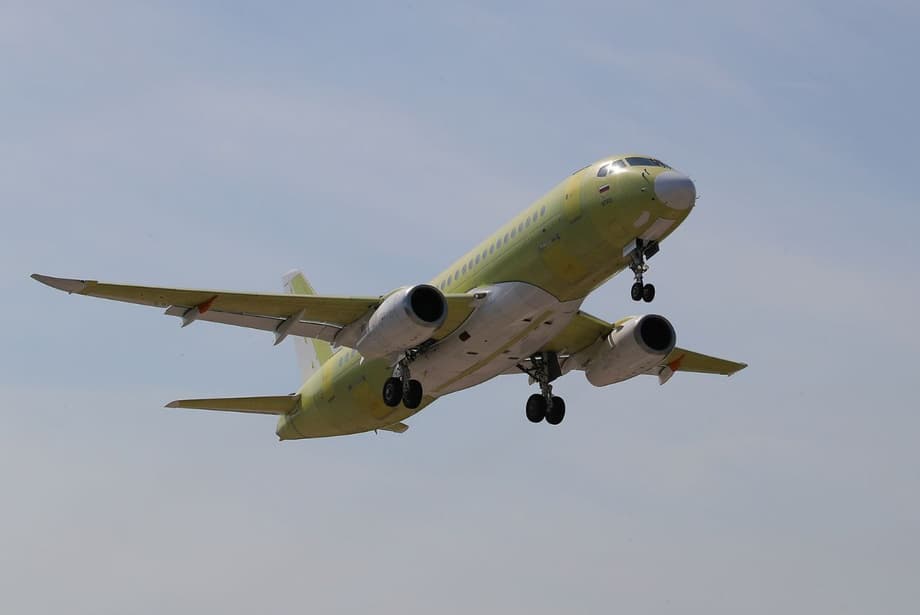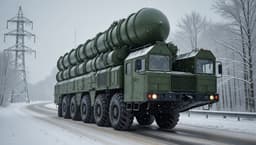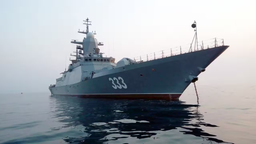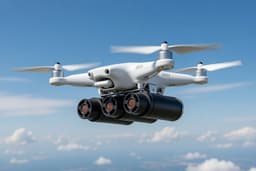The Rostec State Corporation has announced the start of certification work for the third-generation avionics for the domestic SJ-100 aircraft. The work is being carried out by the KRET concern, which is part of the state corporation.

Rostec notes that when creating the digital complex of flight and navigation equipment, the developers relied on the existing experience in creating and successfully operating similar complexes for Il-96-300, Tu-204/214, Il-114, Be-200 aircraft and their modifications.
The development of Russian avionics for the aircraft is carried out by a cooperation of enterprises in the radio-electronic industry, led by KRET. We are reaching the finish line with this work. Today, the designers are refining the equipment in accordance with the comments received following the tests of the import-substituted SJ-100 in August of this year. At the same time, documentation is being prepared for the certification of avionics.
The first tests of the new engine for the SJ-100, called PD-8, are also being carried out. The industry Telegram channel "Fasten Your Seatbelts", specializing in civil aviation issues, reported with reference to Kirill Kuznetsov, the chief designer of the aircraft at the Yakovlev production center, that the engine start on the airliner was successful this week. PD-8 will become the "heart" not only for the SJ-100, but also for the Russian Be-200 amphibious aircraft.
These major steps in import substitution mean that the plans of the United Aircraft Corporation to transfer several serial SJ-100s to Aeroflot by the end of 2023 may be realized. Representatives of the UAC press service spoke about them in an interview with the Telegram channel "Fasten Your Seatbelts" in early October.
Two serial SJ-100s for the Aeroflot group of companies will actually be ready this year. The question of certification remains, which depends, among other things, on the pace of work on the PD-8 engine - it needs to make at least 120 flights with it.
The Russian import-substituted SJ-100 airlinermade its first test flights in August and September 2023. It has completely Russian components: from radio electronics to glazing, whichwithstands from -62 to +85 °C, and collisions with birds at speeds of more than 570 km/h.











